The Peer Recovery Center of Excellence, in partnership with Communities for Recovery, is hosting monthly virtual networking sessions to gather recovery community stakeholders interested in addressing communication access challenges and developing solutions.
Communication access means providing assistance to all who need it, including individuals who are Deaf or have hearing loss, are blind or have low vision, or people who have limited English proficiency (LEP). Effective communication access ensures an equal opportunity to participate in, and enjoy the benefits of, a service, program, or activity. At this time, the virtual networking sessions will focus on communication access related to hearing loss or deafness with the PRS workforce.
Participants of these sessions might be: Deaf or Hard of Hearing (DHH) Peer Recovery Specialists, other professionals serving the DHH recovery community, and leaders interested in building the infrastructure and support for the DHH Peer Recovery Specialist workforce.
The virtual networking sessions are a space for attendees to discuss what is working and to identify potential solutions to the communication access barriers the DHH PRS workforce faces.
Learning Objectives:
- Nurture networking within the DHH Peer Recovery Specialist workforce and other recovery community stakeholders
- Explore strengths and identify barriers for the DHH PRS workforce
- Discover strategies for developing communication access plans
November 2023 - August 2024 (3rd Monday of each month)
1-2p ET (12p CT/11a MT/10a PT)
Register once for all 10 sessions! Reminders will be sent, but please save all the sessions to your calendars (available from your confirmation email). Also, note that January's session has been moved to Jan. 22nd, as Jan. 15th is MLK Jr. Day.


